Gracie Abrams is Surrendering to Change in Her Heartbreakingly Powerful Debut Album
Abrams sat down with V to discuss the creation of her “Good Riddance”; a touching collection of songs that shows off her willingness to grow from heartache and the wisdom she has gained along the way
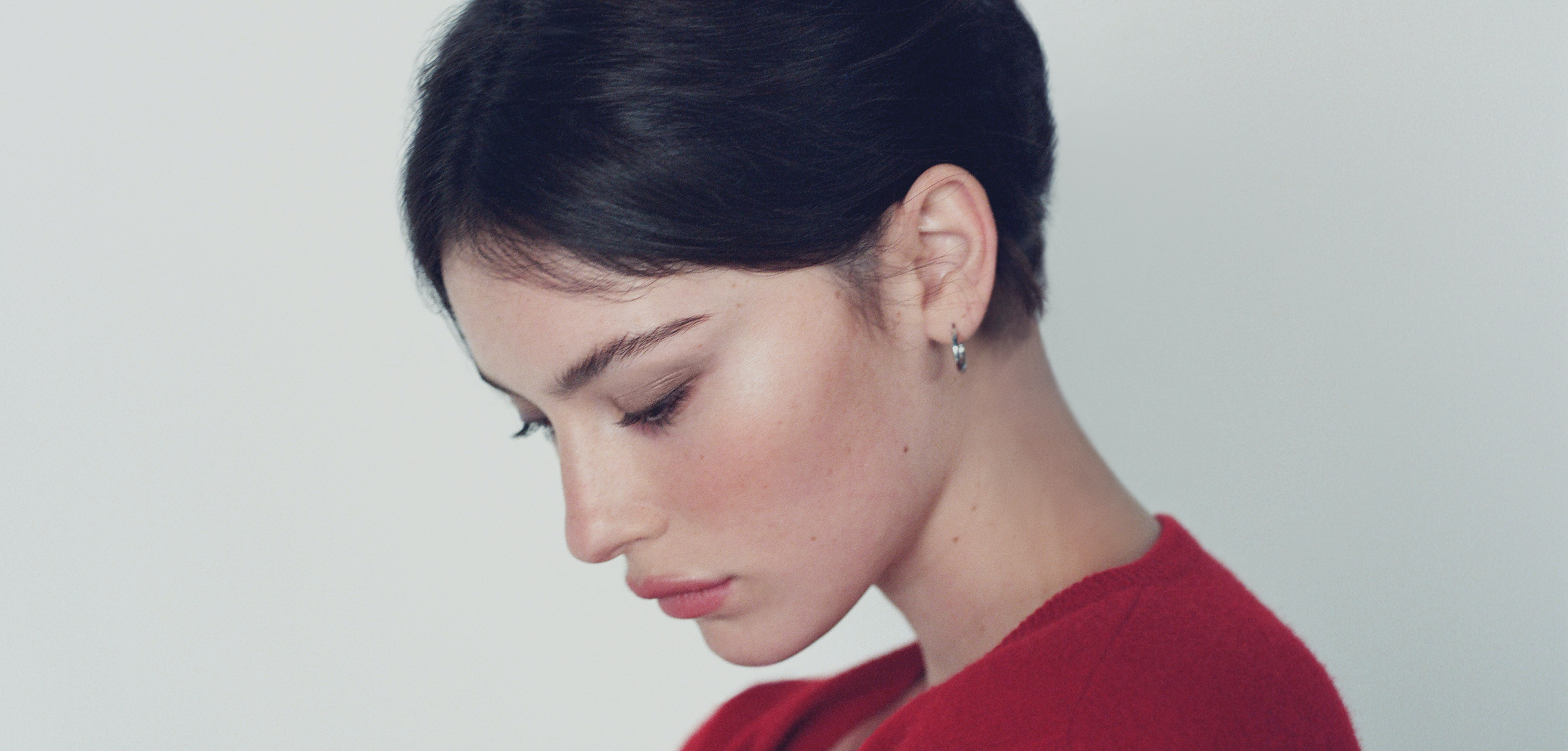
In the landscape of stripped down, singer/songwriter pop music, Gracie Abrams is on her way to bonafide stardom. If her first two releases, Minor (2020) and This Is What It Feels Like (2021), were sounding boards for Abrams to test the waters of deep cutting lyricism and hauntingly gentle vocals through her exploration of heartbreak and growing pains — today her debut album, Good Riddance, hits the airwaves marking the genesis of her next chapter, with the project serving as a testament to the time the burgeoning musician spent honing her craft.
Abrams has been forging her sound since the depths of the pandemic, where her cult-following started growing with the release of heart-pang tracks like “21” and “I miss you, I’m sorry.” Today, two EPs later, Abrams is set to take on what is sure to be her biggest year yet; from the release of her debut album, her own sold out headlining tour, and being tapped as an opener for Taylor Swift’s The Eras Tour.
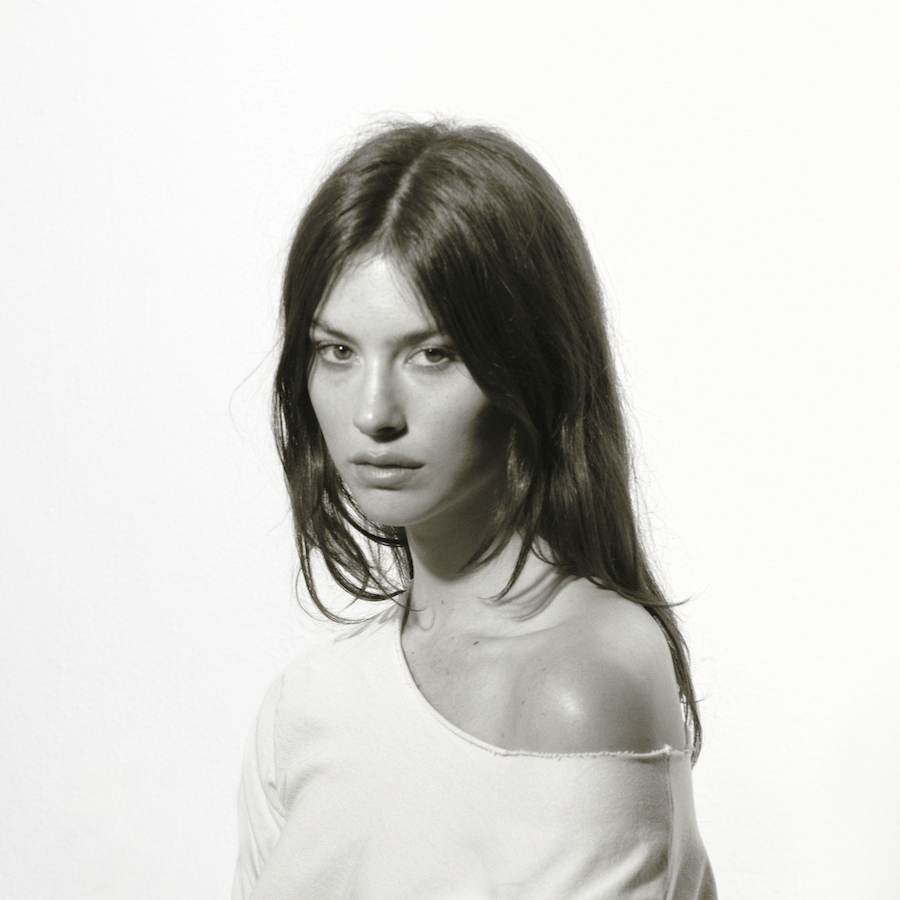
Good Riddance shows the 23 year-old musician as comfortably settling into her sound, with her ethereal voice echoing across pared-down pop production and woodsy guitars. For Abrams, intimate and heart wrenching lyrics are her specialty, with her lyrics reflecting a sort of confessional-style poetry. While in the past, Abrams may have lamented over her heartache, Good Riddance encapsulates a sense of wisdom that she has cultivated out of emotional woes, a sign that to hurt is to grow is to blossom.
Listening to a Gracie Abrams song is nothing short of an intimate experience; similar to the open-hearted spillage that escapes your lips in a late night phone call home. This intimacy is what has made Abrams such a beloved voice in music already, with her songwriting so honest and raw that the stories she shares will ring throughout your mind for hours after listening. The album details the singer’s pondering over love and all of the pain, accountability, and reckoning that comes in its wake — yet on Good Riddance, Abrams does not sit in her own sadness, she looks at it and asks herself what to do with all of it.
Read V’s exclusive conversation with Abrams ahead of the release of her debut album!
V MAGAZINE: The last time you talked to V, you had just released This Is What It Feels Like. How was the process of touring that project?
GRACIE ABRAMS: It was the first time I toured, period, and I learned so very much about myself and my music and kind of just the greater world. I was exploring places that I’d never been before and meeting people for the first time that I had spoken to on social media for years, getting to share these spaces that felt so sacred, and it felt so familiar despite being very far away from home. I felt reminded of how human we all are and how lucky it is that I’m able to do this.
V: That’s awesome. I guess on that note of touring, we have to talk about The Eras Tour. I know you’re a Taylor girl through and through.
GA: I’m the Taylor girl.
V: What is that process of being asked to open for an artist that you’ve always looked up to? And not only just opening for her, but opening for her in a record breaking stadium tour?
GA: No, it’s super nutty. I don’t believe it yet. I texted her when I found out and I was just like, “until we’re physically standing there, this is all one big prank.” It’s the luckiest opportunity. She’s so generous and I think we’ve seen that, whether it’s up close or from a distance, as a person in terms of amplifying other artists and giving people opportunities to share their work. To be tapped to be a part of this tour in particular, it just exceeds my wildest dreams in every regard. Really, the craziest thing to me is the opportunity to watch her as many times as I get to, just as her biggest fan, but also as someone who hopes to continue to get better at what I do. To learn from her in that capacity is just the most mind blowing thing to imagine. I’m just so stupidly grateful every time I’m reminded that that is something I’m lucky enough to do this year. It’s bizarre.
V: It is insane. Congrats to you! That’s gotta be so wild.
GA: Thank you!
V: I’m so excited to talk to you about Good Riddance. Congrats, first of all.
GA: You hate it!
V: Stop. I literally got the link and was dancing around my hotel room last week.
GA: You could dance to it? That’s amazing. That’s impressive.
V: “Where Do We Go Now?” is meant to be danced to.
GA: Yeah, I agree.
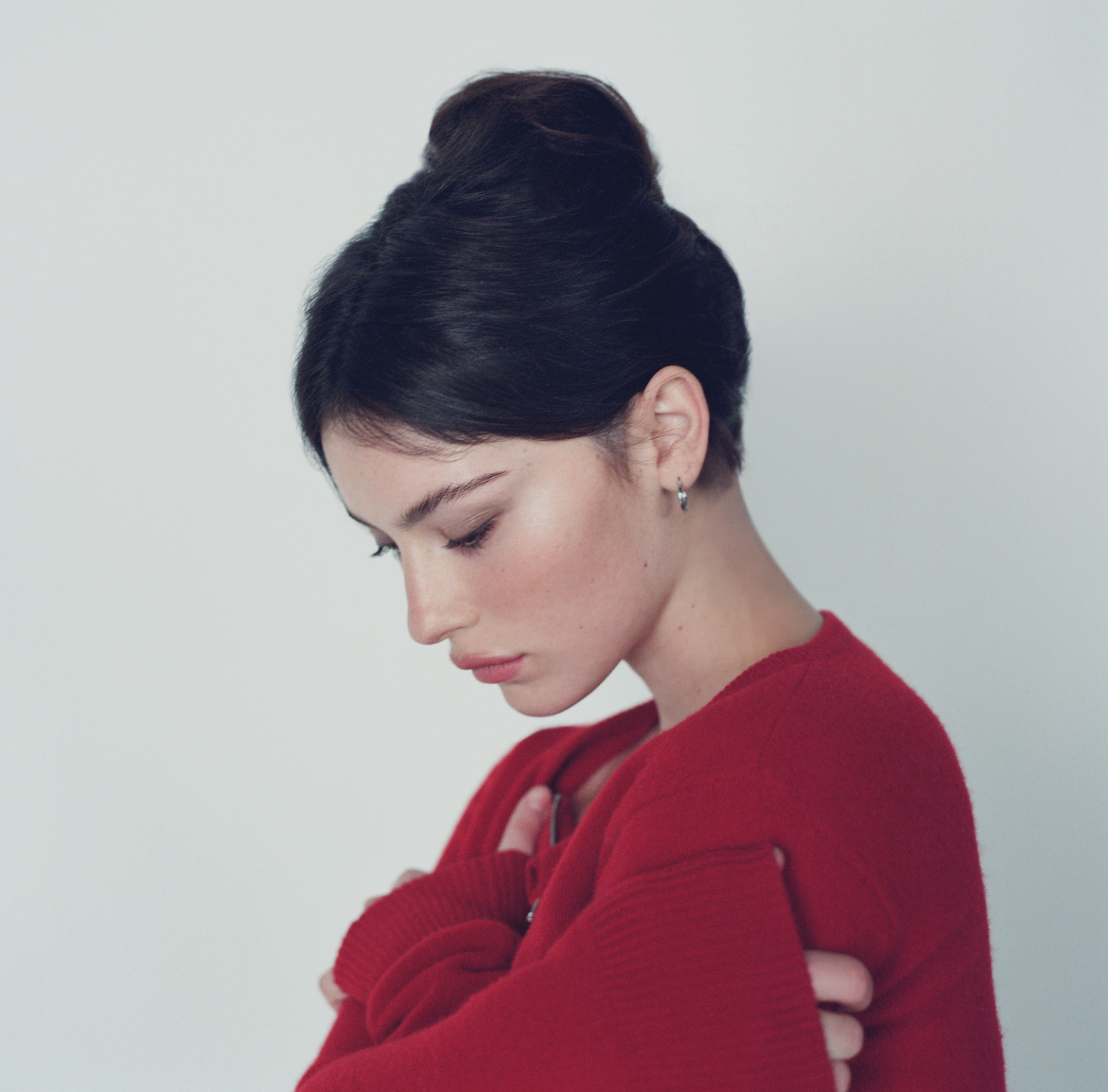
V: If you could generally describe a thematic inspiration for the album as a whole, what would it be?
GA: Surrendering to change, trusting yourself to make scary decisions, and walking away from versions of yourself that you stop recognizing. I think I found a very safe space to do that in Long Pond Studios and in my collaboration with Aaron Desner. Having such a wise partner in this process definitely heavily influenced my ability to put words to a lot of the feelings that I had been carrying for a while. So that’s kind of the thesis.
V: Being in the Hudson Valley at Long Pond, how do you think that specific space lent itself to working on this album?
GA: I mean, first of all, being so far removed from LA is something that served me in so many ways. I think there’s a kind of quiet that you find in the middle of nowhere that is nothing like the kind of quiet that you get in Los Angeles. Being someone that’s sensitive to space in terms of when I’m writing, I felt very influenced by the expansive nature of upstate New York. There’s a stillness that I think seeped into the music in many ways. There was a patience that I really valued and needed in my life in general. Long Pond itself is such a magical environment and it speaks so much to who Aaron is as a person, how rare of a person he is to have created a space that encourages you to be vulnerable and open and allows you to show up as your most raw, fragile self and to write about that from a place of confidence rather than self destruction.
It allowed for an accountability to come through in a lot of the songs as well, because I think I’ve historically used songwriting as a tool to sometimes complain about people or place blame, on occasion. There was so much self-reflection and soul searching throughout the year that this album came together, and I think that Long Pond lent itself to finding the answers to those bigger questions a bit. And then also being totally okay not knowing shit about shit. It was kind of a balance of feeling absolutely nuts, and at the same time very much held by the environment and by the trust that Aaron and I shared.
V: You mentioned a bit about placing blame in your songs and I actually wanted to talk to you a bit about accountability as a theme in your music. As an avid listener of your music, I feel like you take a lot of accountability in relationships within your music. Is that a cathartic process for you? How do you feel about that?
GA: Yeah, I think this time around with Good Riddance and specifically on “Best,” which I was very adamant about being the first track on the album, there’s an opportunity in writing for you to work through versions of apologies and self-reflections. I think that the significance of some of the relationships that I write about were so major in my life, like very important and formative ones. I think “Best” is probably the most direct and thorough form of accountability in any song that I have out. I feel less self-deprecating in general these days than I have in the past because I think I feel this greater sense of acceptance and understanding that there’s constant evolution all the time and that mistakes are really fine and that they aren’t a set in stone reflection of who you are for there to be these fuckups along the way.
With “Best,” it hurt me to write because it was a place where for the first time I was admitting certain longstanding feelings that I didn’t even necessarily say to the person that I’m writing to. So it’s cathartic for sure anytime I write and feel like I get the feeling down, I think that that’s just always been my outlet. Being able to express yourself verbally is so rewarding sometimes I feel, and here it hurt just because I care so much. It wasn’t coming from a place of like, “ugh, I suck,” it was more just, I am really recognizing looking at the parts that were probably really hard for you to deal with and I’m sorry. And I should have done better and I’m trying to do better. When I think of “The Bottom,” for example, there’s kind of this offhand, casual, “well, I’m gonna take you down with me,” versus now, I am seeing how this affected you for real, and I was almost incapable at that time to figure it out, you know?
V: Yeah, totally. Talk about growth!
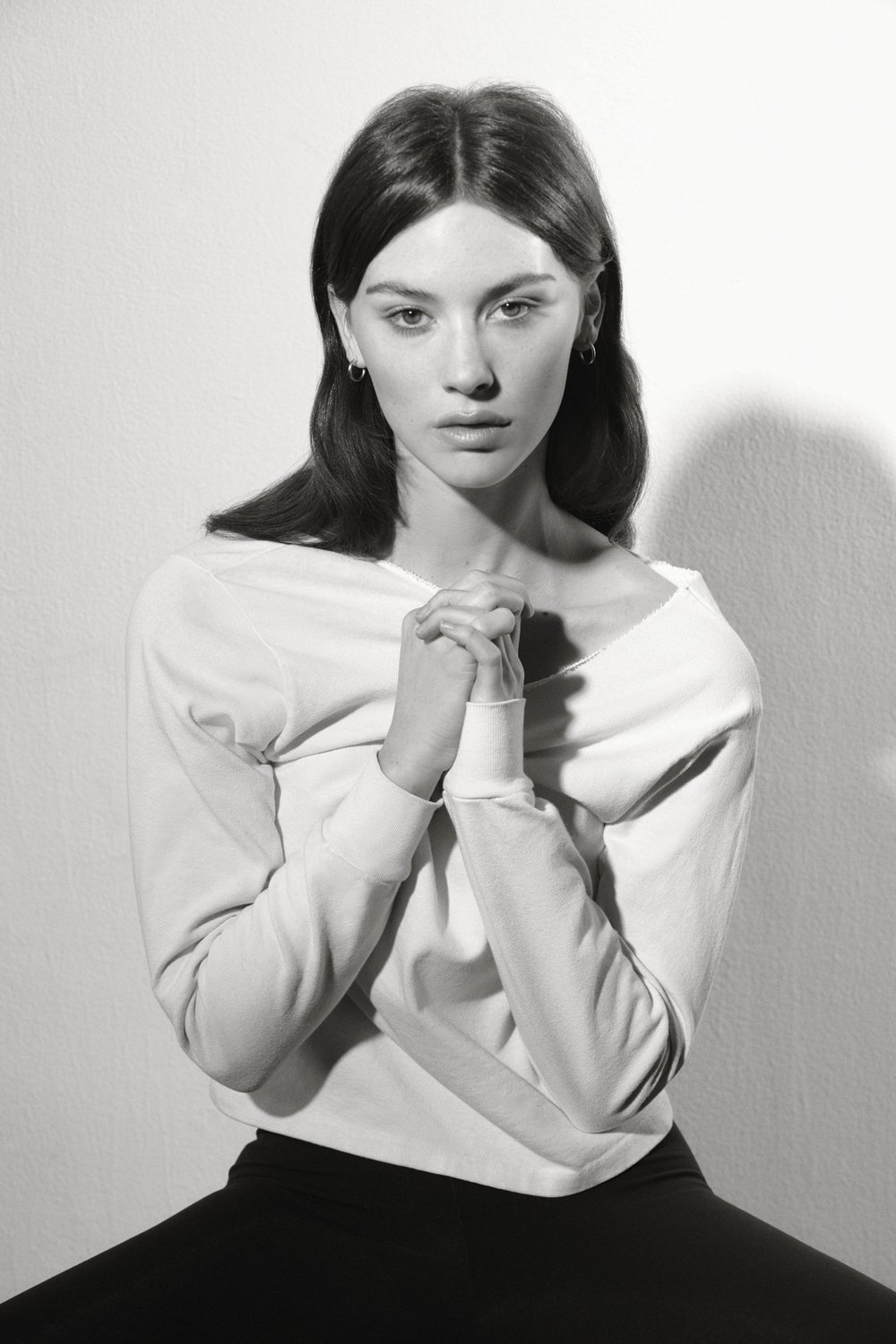
GA: I don’t know. I mean, I love therapy. I’m trying to implement it in real time, but also, 23 is young as shit. So I don’t feel like any expert whatsoever. It’s just funny with songs, it’s these time capsules and I’m sure looking back in a year from now, I will have lots of qualms about certain feelings that I chose to share on this album. So we’ll see!
V: I feel like you are such a strong singer/songwriter in a time where that is a very popular form of music, and I think that you stick out because you’re so intimate in the way that you write your lyrics. Is intimate storytelling something that you find really challenging to share?
GA: No, I wish I did more. I should have boundaries. I think I’m actually learning now how to have boundaries when I’m having conversations about the music. I’m so excited to get to a place, if I’m lucky, where the music speaks for itself. I’m currently navigating how to have conversations with strangers about the music and about certain songs in particular without having to give away everything and give all the added context and fill in every last blank. I think the older I get, the more I feel more sensitive to how odd it is to have anything that’s even remotely a public facing career in any regard.
I am also hyper aware that, in the grand scheme of things, my audience is not massive by any means. I think about artists that I’ve loved and admired forever who are so brave in sharing their intimate feelings with the world, like the literal world. I’m so curious as to how they navigate having conversations with people about their music without feeling like they’re saying too much. My coping mechanism is to write about these feelings and I feel very blessed that I’m able to do that and then do something with it. That is so cool. I think I’m navigating it all now, really, for the first time this year. I think it’s probably because of how much I care about what I wrote about on Good Riddance, but also because I think there’s been a slow burn where today I am lucky to have a larger audience than I did when I put out This Is What It Feels Like or Minor, for example.
So it’s like a combination of both things, knowing that there’s somewhat more exposure, but also caring so heavily about the feelings. Short answer is no, writing about these things doesn’t feel challenging or that I’m afraid about what people are gonna think, it’s just finding out how I protect the other half, you know?
V: Totally. As far as exposure goes, your tour for Good Riddance sold out the first day.
GA: Yeahhhh.
V: What does it feel like to have such an attentive following where you’re able to sell out the entire tour for your debut album in a day?
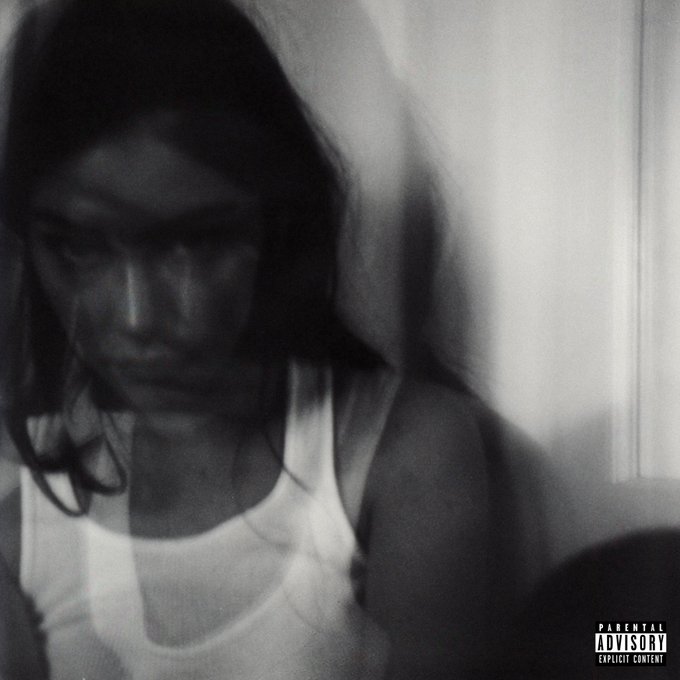
GA: It is nuts. It just made me feel so grateful and so genuinely excited to be in all of those rooms. I just can’t wait to hang out with everyone and I miss it. It’s not like a community or a feeling that can be replicated outside. As far as I know so far, it’s such a specific experience to play these shows and to be in the same room as everyone that gets tickets, which is so generous of them. I think I just really don’t take any of it for granted. And so to have seen the speed at which all the tickets went, especially before the album’s out, they don’t even know what they’re signing up for, I’m just so grateful for them. I feel very lucky to have this community and as long as they will have me, I will show up in all the ways that I can.
V: I mean, the This Is What It Feels Like Tour, it was amazing.
GA: Thank you!
V: You’re just so great at performing and the way that you were interacting with everyone, it was just personable and just such a fantastic night.
GA: Thank you. It’s so much fun to do and it’s also a space where I feel like anything goes, in terms of whatever you’re feeling. It feels like everyone in the room feels safe to express themselves honestly, and so for me to share that environment with them is a really cool thing.
V: That’s awesome. So you end Good Riddance with the song “Right Now.” The way that you ended that song is so eloquent and I think that, “I feel like myself right now” as a closing lyric is such an optimistic and self-assured note to end on, especially for an album that is grappling with a lot of tough feelings. Do you think that “Right Now” is kind of a manifestation of your personal growth throughout the creation of this album?
GA: Yeah, I think so in a way. I felt so lucky to have had the experience of making the album and working through all of those feelings and coming out on the other side feeling the most familiar with myself that I have ever been. That song being the last on the record was of course very intentional, just because it does feel like walking through a new door kind of, and being okay with whatever fear might be associated with it, because you’re in your own skin and you’re all right with that. I wrote it while kind of referencing lots of pieces of being on the road and being far away from home and even still, feeling like you can find home in yourself. Yeah, I guess it is kind of like a manifestation of all the rest of it. It’s funny.
Good Riddance is now available on all streaming platforms!
Discover More
